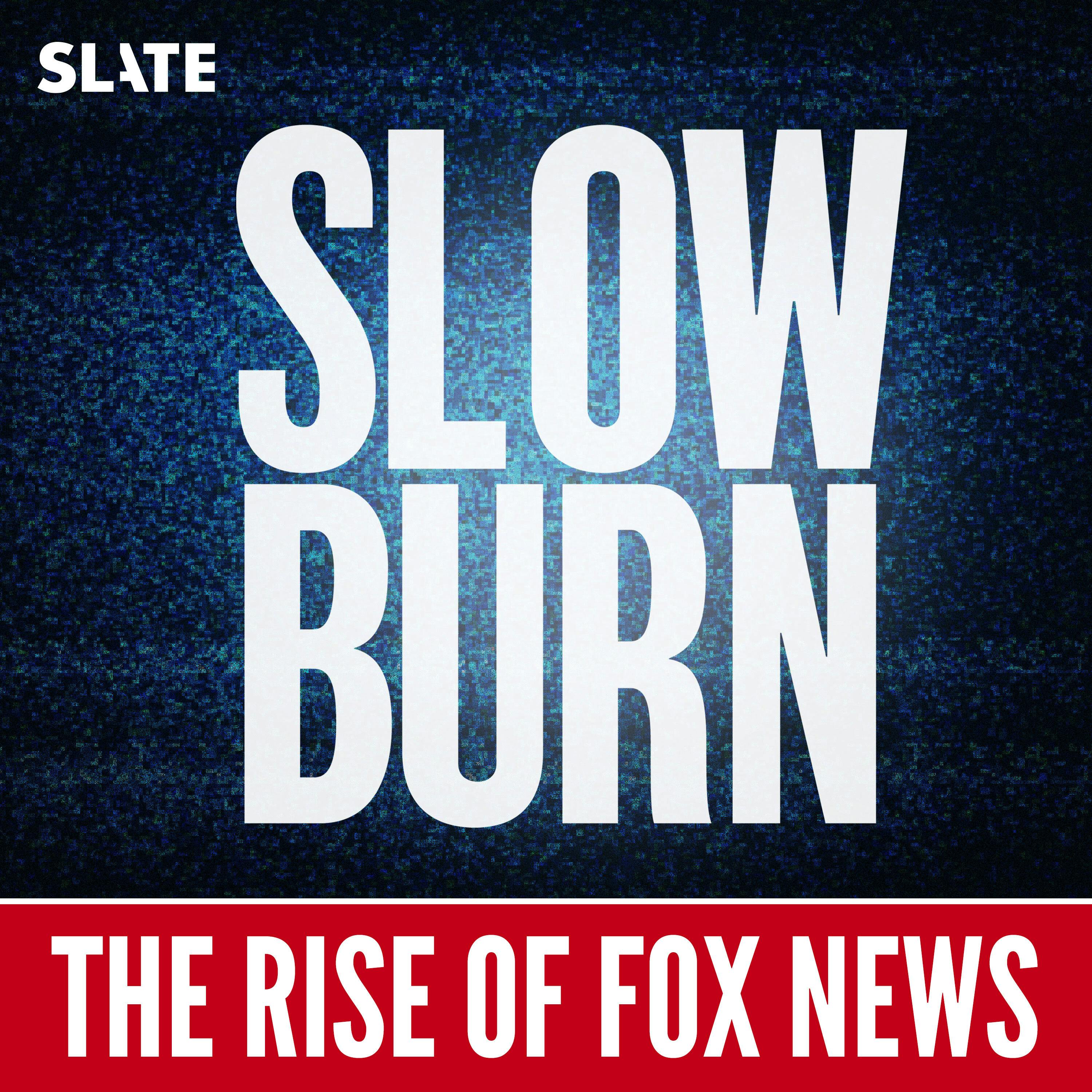
Introducing SNAFU with Ed Helms

Slow Burn
Deep Dive
What was the significance of the 1971 burglary of the FBI office in Media, Pennsylvania?
The burglary exposed the FBI's extensive surveillance and disruption of political opponents, including anti-war protesters, civil rights activists, and labor unions. The stolen documents revealed that the FBI was operating a vast surveillance network, targeting Black students and activists, and intentionally creating an atmosphere of paranoia. This led to public outrage and congressional investigations into the FBI's activities.
Why did the Citizens Commission to Investigate the FBI choose March 8, 1971, for the burglary?
The burglary was timed to coincide with the 'Fight of the Century' between Muhammad Ali and Joe Frazier, which captivated the nation. The event ensured that the streets of Media, Pennsylvania, were deserted, and law enforcement attention was diverted, making it the perfect night for the heist.
What did the stolen FBI documents reveal about J. Edgar Hoover's FBI?
The documents revealed that the FBI was surveilling and disrupting political opponents, including anti-war protesters, civil rights activists, and labor unions. They also showed that the FBI was targeting Black students and activists, and intentionally fostering paranoia among dissenters. This contradicted the public image of the FBI as a trustworthy and impartial agency.
How did Betty Medsger's story about the stolen FBI documents impact public perception of the FBI?
Betty Medsger's story, published in The Washington Post, exposed the FBI's secret surveillance activities, leading to widespread public outrage and calls for congressional investigations. It shattered the myth of the FBI as a heroic and impartial agency, revealing its role in targeting dissenters and fostering paranoia.
What role did J. Edgar Hoover play in shaping the FBI's public image?
J. Edgar Hoover was a master of public relations who transformed the FBI into a nationally revered institution. He was involved in the production of the FBI TV show, edited scripts for the movie 'The FBI Story,' and ensured that the Bureau was portrayed as a heroic and trustworthy agency. His efforts created a myth of the FBI that was shattered by the revelations from the Media burglary.
Why was Katherine Graham hesitant to publish Betty Medsger's story about the stolen FBI documents?
Katherine Graham, the publisher of The Washington Post, was hesitant because publishing stolen government documents was unprecedented and could have legal and political repercussions. The Attorney General, John Mitchell, had also pressured the Post not to publish, claiming the documents could damage national security. However, after reviewing the documents, Graham decided to publish, as they revealed no national security threats but exposed the FBI's illegal surveillance activities.
What was the reaction of the FBI to Betty Medsger's story?
The FBI was highly embarrassed by the story and began targeting Betty Medsger. She experienced unnerving incidents, such as receiving mysterious phone calls and being approached by strangers who knew personal details about her, which she believed were attempts by the FBI to intimidate her.
Who were the members of the Citizens Commission to Investigate the FBI?
The Citizens Commission to Investigate the FBI was a group of citizen activists who carried out the 1971 burglary of the FBI office in Media, Pennsylvania. Their identities were revealed later, and they included Bill Davidon, Ralph Daniel, Judy Feingold, Keith Forsyth, Bonnie Raines, John Raines, Sarah Schumer, and Bob Williamson.
- The Ali-Frazier fight captivated global attention.
- An FBI office in Media, Pennsylvania was burglarized.
- Activists stole classified documents from the FBI office.
Shownotes Transcript
While the Slow Burn team is hard at work on our next season, we are excited to share the first episode of the second season from our friends at SNAFU with Ed Helms: MEDBURG.
In March 1971, Washington Post reporter Betty Medsger receives a mysterious envelope full of classified documents. Soon, what's inside will change the way America sees the FBI.
Learn more about your ad choices. Visit megaphone.fm/adchoices)